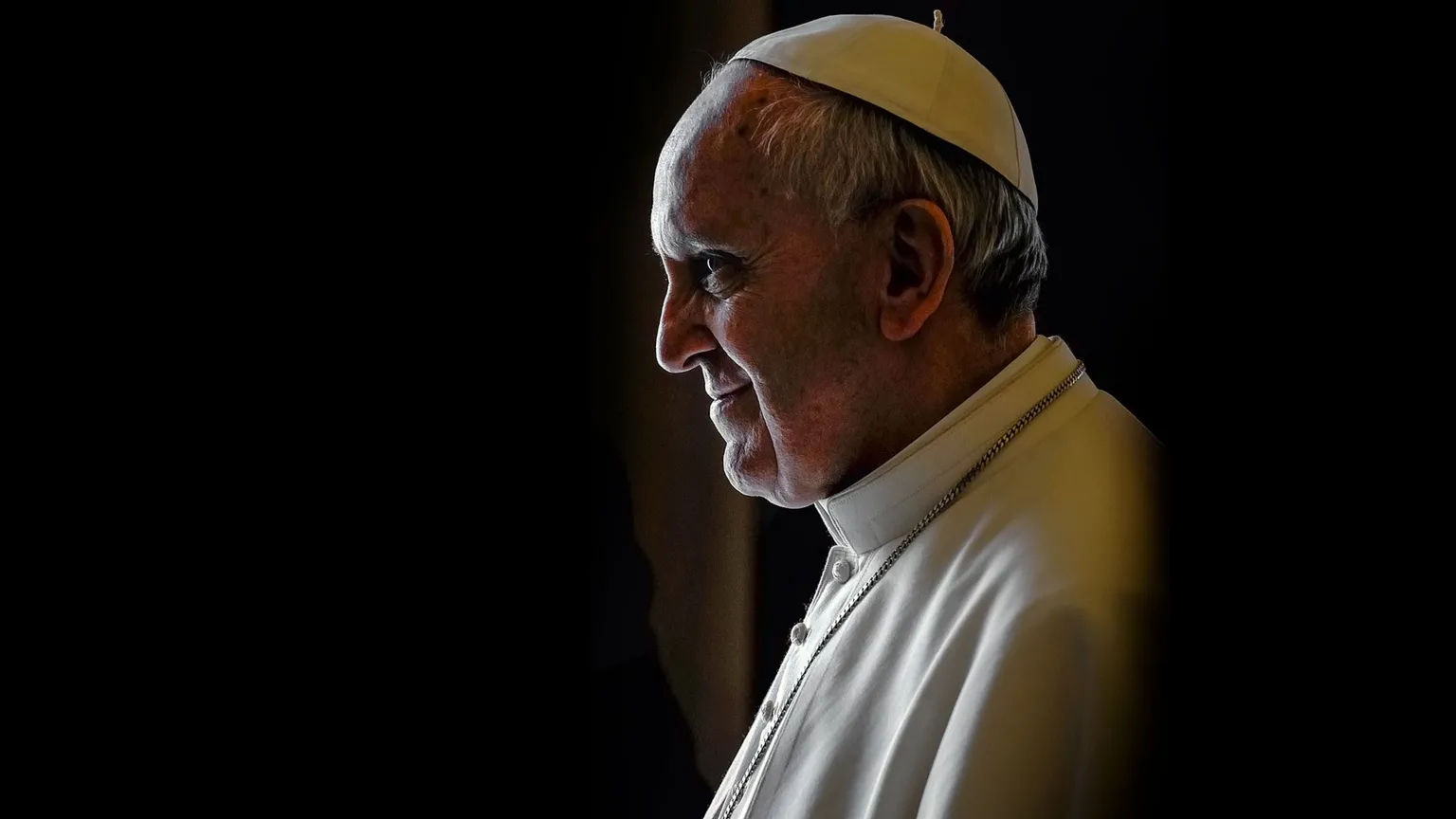Conclave to Elect New Pope Set for May 7

The Vatican is bracing for a pivotal moment in the history of the Roman Catholic Church, as the conclave to elect a new Pope will begin on May 7.
This announcement was made by the Holy See Press Office, following a decision by the Cardinals present in Rome during their fifth General Congregation on Monday.
The election, which will be held in the iconic Sistine Chapel, comes after the death of Pope Francis, whose passing marked the end of a papacy that shaped the Church for over a decade.
The chapel will be closed to visitors throughout the conclave, underscoring the solemnity of the occasion.
The Cardinals will gather in secrecy, adhering to centuries-old traditions as they embark on the sacred duty of selecting the next Pontiff.
Pope Francis, born Jorge Mario Bergoglio in Argentina, left behind a profound legacy during his tenure, which was marked by his commitment to social justice, interfaith dialogue, and reform within the Church.
His death and burial were both a testament to his humility and the widespread affection he garnered during his time as the leader of the world’s 1.3 billion Catholics.
In terms of papal history, this conclave will be the 266th election in the Church’s nearly 2,000-year-old history, a milestone that emphasizes the profound significance of the task at hand.
Pope Francis’s death has sparked widespread speculation over his successor, and the process of selecting the next Pope is bound to be closely watched across the globe.
Cardinals from around the world are now preparing for what is widely believed to be one of the most critical papal elections in recent memory.
While the election itself remains a tightly controlled affair, there is often a degree of campaigning behind the scenes.
Cardinals, often from various factions within the Church, engage in informal discussions about the qualities and direction they hope to see in the next Pontiff.
These conversations, though not public, are a key part of the process that influences the direction of the election.
The conclave will be conducted under strict secrecy, with no discussions or votes being shared publicly until the election is concluded.
This process, however, does not mean that the candidates are entirely unknown.
In recent years, speculation around potential papal candidates has grown, with several Cardinals widely regarded as strong contenders.
These include figures from Europe, the Americas, and Africa, each offering different visions for the future of the Catholic Church.
While the cardinals’ discussions remain private, they will ultimately cast their ballots in the Sistine Chapel, with the votes tallied until a new Pope is chosen.
Once a candidate receives a two-thirds majority vote, he will be elected as the new Pope and will step forward to deliver the traditional "Habemus Papam" ("We have a Pope") announcement to the world.
The election of a new Pope is always a time of reflection for the Catholic Church, as the faithful anticipate a new leader who will steer the Church through both modern challenges and spiritual dilemmas.
As the conclave approaches, the eyes of the world will be on Rome, where the cardinals’ decisions will shape the future of the Church for years to come.
The election, which will be held in the iconic Sistine Chapel, comes after the death of Pope Francis, whose passing marked the end of a papacy that shaped the Church for over a decade.



0 Comments